Emperor Peter III. Conspiracy
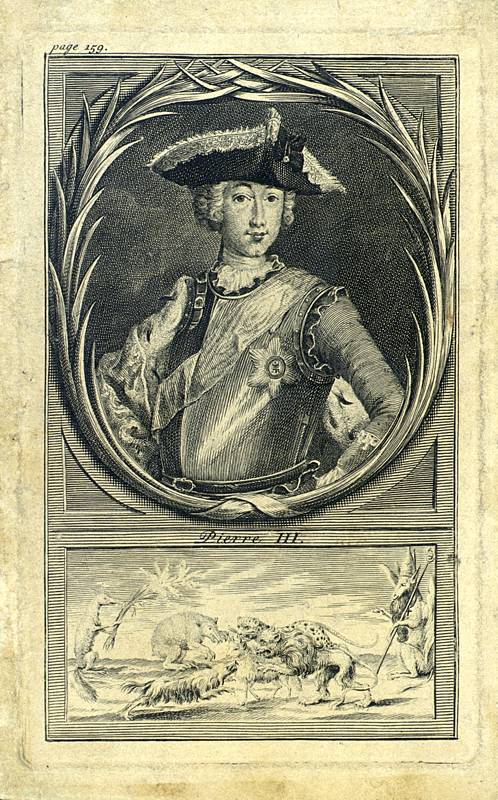
His right to the throne as the only direct and legitimate descendant of Peter I was undeniable. But the emperor’s wife, German Catherine, had her own plans, and the crown of Peter the Great, bloodied, had to fall from the head of his grandson in order to be in the hands of an impostor. This was unthinkable, almost impossible, but Catherine was passionate, unlike her husband, and her accomplices were passionate: they did not reflect and did not doubt, went ahead and were not afraid of blood. In the eyes of astonished Europe and shocked Russia, a person ascended the Russian imperial throne, who had absolutely nothing to do with him. Comfortably sitting on the seized throne, Catherine pretended that nothing special had happened. And then, having settled down, she did not transfer power to yet another descendant of Peter the Great - her son Paul, becoming a usurper for the second time. And almost made everyone - both contemporaries and descendants - believe in the legality of their actions and their power.
The coup d'état perfect by Catherine became possible not only because of the bold and decisive actions of her supporters, but also thanks to the numerous mistakes of the emperor. These errors are partly due to the absolute legitimacy of this monarch and the lack of legitimate claimants to the throne. Peter was confident in his power and believed that he could afford both the haste of reforms that cause dissatisfaction in the Senate, the Synod and the guard, and indulgence towards his opponents and opponents. And meanwhile, traitors have long gathered around his wife, many of them naively believed that they would become the main characters after the victory over the legal emperor. Catherine was assigned, in the best case, the role of a nominal regency with the young Paul. Rather different people were going to rule the country, we will still name their names.
Underestimation by Peter Catherine and condescending attitude towards her
Peter did not feel any warm feelings for his openly neglecting wife. Her behavior has long been scandalous and defiant, many at the Court believed that now the emperor would surely get rid of the intrigue - send her to Zerbst or send her to the monastery. Or, at least, she will appoint a staff of new courtiers from among the people loyal to him, isolating her from suspicious friends in power structures and, most importantly, in the guard. But Peter was never vindictive, and, contrary to rumors, he did not intend either to divorce his wife or to imprison her in a fortress or monastery. In addition, Catherine's constant intercessor was the emperor’s beloved uncle, Georg Ludwig, who, once, was in love with the young German princess, who still bore the name of Sophia Frederick Augustus, and now did everything to avert the anger of her husband from Catherine. Catherine, in public, habitually played the role of a wife, suffering from the arbitrariness of an insignificant tyrant - her husband:
(Rühler.)
Moods in the guards of St. Petersburg
Peter III was well aware of the recent palace coups, witnesses of which still lived in St. Petersburg, and of the role that officers of the guard regiments played in them. Academician J. Shtelin reports:
I fully agree with Peter and the French diplomat Favier:
The secretary of the French Embassy in Russia, Claude Carloman Rühler, in his notes called the Russian guard regiments "guards, always awful to their sovereigns."
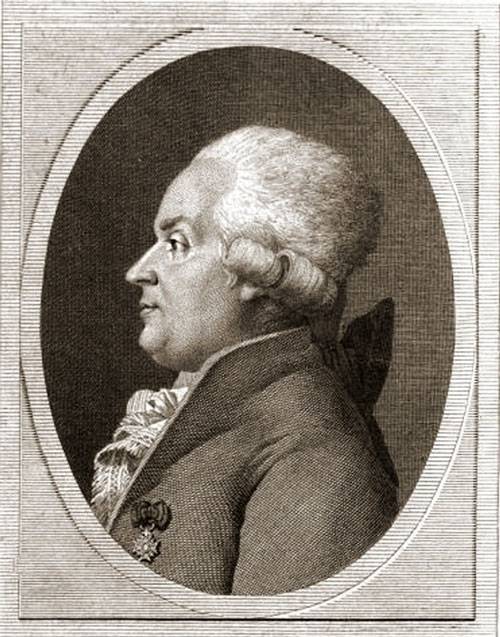
Famous mainly for her ugly behavior and brawls in the taverns of the capital, Elizabeth's Life Company (the grenadier company of the Preobrazhensky Regiment - 362 man), who once won the throne for this empress, Peter dismissed.
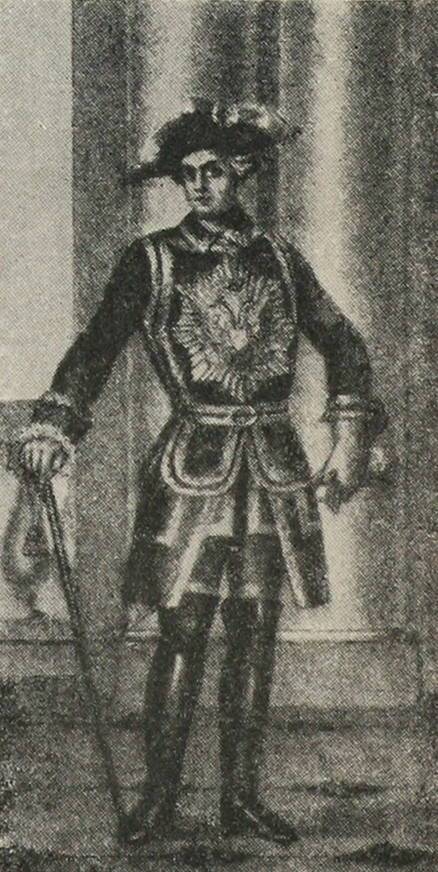
As for the rest of the “Janissaries,” the logical decision was to send the regiments corrupted by the capital’s life away from Petersburg to the Western Group of Forces, which was now in Pomerania, making Frederick II very accommodating, and encouraging the king to help him conquer Schleswig and Russia Ditmarshen owned by her emperor. For the guards officers who had already got used to the “balls, beauties, lackeys” and the obligatory “crunch of the French roll”, these intentions of Peter (who, having outlined them, unfortunately did not have time to put them into practice) seemed like a terrible lawlessness. Peter III underestimated the unwillingness of the guard to leave St. Petersburg. The guardsmen were indifferent to the war for the interests of Austria and France, in which they did not take part, to the war for the interests of Russia in which they were to participate - it was extremely negative.
Claude Rühler testifies:
And therefore, the agitation that the Orlovs actively conducted among them was perceived more than positively.
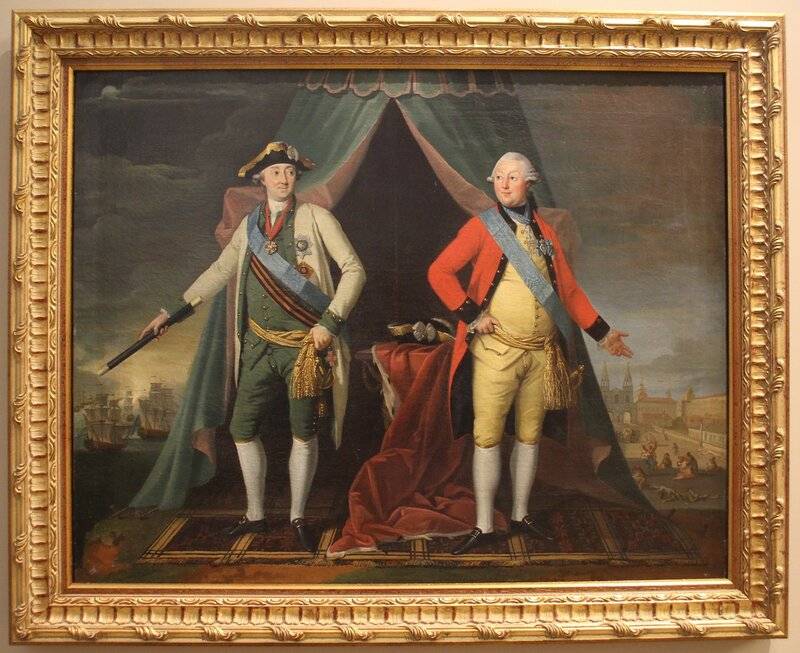
Officers of the units, which, according to the testimony of the Prussian ambassador B. Goltz, "on the day of the coup completely surrendered to the empress":
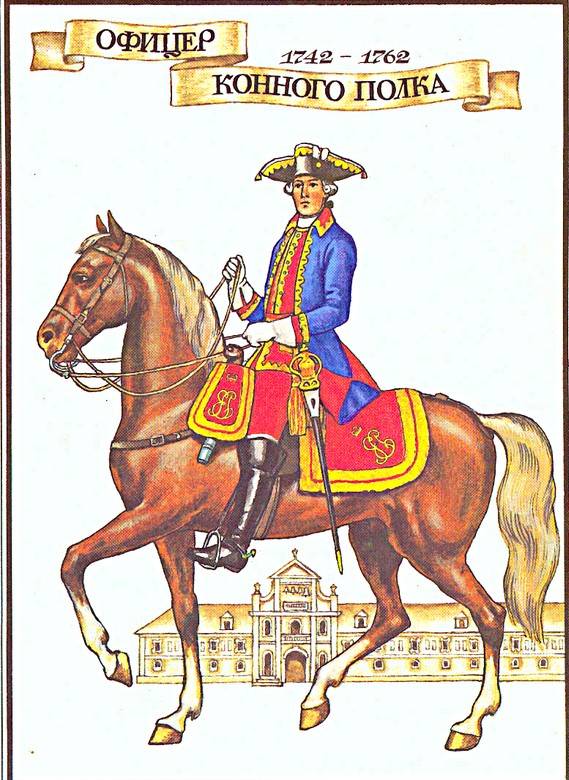
Opposition in the Senate and the Holy Synod
The senators and members of the Synod were also dissatisfied with the new emperor, whom he forced (oh, horror!) To come to their jobs on time and to deal with real cases, rather than empty talk. Not to touch the Senate and the Synod (and also to be crowned faster) "prayed" Peter even Frederick II. But, in relation to the bureaucrats, the emperor remained adamant, and he decided to carry out the coronation after negotiations with Denmark and resolving the issue with Schleswig.
The characters in the conspiracy
In April 1762, Catherine, in secret from everyone, gave birth to a son from Grigory Orlov, who received the title of Count Bobrinsky.
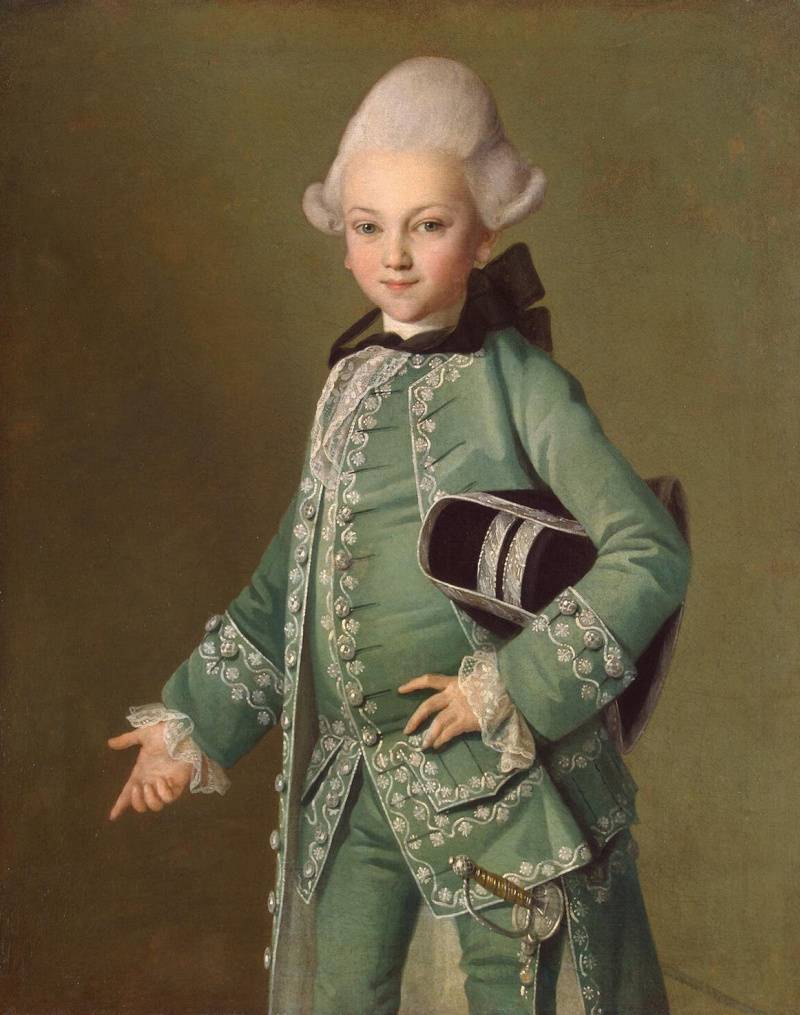
Freed from the burden, the adventurer could now fully devote herself to a conspiracy against her husband and the legitimate emperor.
A conspiracy against Peter III took shape in the summer of 1762, and Peterhof became the headquarters of the conspirators.
Everyone knows about the Orlov brothers, however, much more titled persons also spoke out against the legal emperor. We list some of them. Count Nikita Panin - tutor of Crown Prince Paul, senator and chamberlain. He was one of the main ideologists of the conspiracy. His brother Peter is a general-general who took part in the Seven Years War. Count Kirill Razumovsky - Marshal, commander of the Izmailovsky Guards Regiment, hetman of Ukraine, president of the Academy of Sciences. Baron Korf - chief of the St. Petersburg police. Prince Mikhail Vorontsov (it is curious that the other Vorontsovs were loyal to the emperor, including the Chancellor of the Empire). Princess Yekaterina Dashkova (countess Countess Vorontsova, godmother of the emperor and the younger sister of his mistress) and her husband Mikhail are a high-degree St. Petersburg Freemason. Among the conspirators, a certain “Mr. Odar” also wandered away, who kept in his house a pre-printed Manifesto of ascending the throne of Catherine. According to the adviser to the Danish embassy Andreas Schumacher, the notorious Count Saint-Germain was in Russia under this name. That is, people seem to be serious. Yes, and Catherine herself, according to her own statements, and the words of the court flatterers, was a "wise wise" lady. But when you begin to get acquainted with the circumstances of the drunken revolt of the guards, which, according to the organizers of the conspiracy, was supposed to lead to the overthrow of the legitimate emperor, there are great doubts both in Catherine’s mind and in the adequacy of her accomplices.
Conspiracy against the Emperor: The Beginning
The "recipe for" coups in Russia of those years was known even to foreigners. Saxon envoy Petzold, after Elizabeth Petrovna came to power, said:
Ekaterina had a “bag of gold” - she “borrowed” 100 thousand rubles from the English merchant Felten (you, of course, guessed which country’s ambassador transferred the money to her through a modest British merchant). "Cellar with vodka" - organized: purchased with this money more than 35 thousand buckets. There were grenadiers led by the Orlov brothers. But then ...
Frederick II, for example, was categorical:
Judge for yourself: instead of immediately arresting Peter III (the business of the guards was familiar - they grabbed Biron in the middle of the night, and Anna Leopoldovna and her husband), on June 26 and 1762 the Orlovs began to solder the personnel of the capital's garrison, spreading rumors about the death of Peter III . It was alleged that the emperor died in Oranienbaum as a result of a fall from a horse.
On 27 of June, a certain Transfiguration soldier appeared in the office of his regiment and reported on the suspicious behavior of the Orlovs and the outrages happening in St. Petersburg. At that time, one of the active participants in the conspiracy was in the office - Lieutenant P.B. Passek, who did not react to this report in any way. The surprised soldier turned to Captain Izmailov, who, in turn, reported everything to Major Volkov. Passek was arrested, the news of the unexpected and strange mass sweeping of the capital’s guards and the arrest of one of the alleged conspirators was sent to the emperor - in Oranienbaum. According to Rüller, Peter attributed the received news extremely frivolously:
But the moment for the conspirators was truly critical. The same Rühler reports:
Odar (Saint-Germain), who learned about this arrest from one of his agents, informed Ekaterina Dashkova about it, the other conspirators. As a result, on the night of June 28, Catherine fled from Peterhof to the barracks of the Izmailovsky Regiment - this explains Peter's confusion, to which none of the servants could explain where his wife disappeared: he even suggested that they could have abducted her.
By the morning of June 28, the soldiers of the St. Petersburg garrison had reached the right condition, and when Catherine asked them to "vote for their candidacy," they, poorly understanding what was happening, took the oath to "Empress Catherine Alekseevna." The ministers and senators, who remembered well about the coups of the past, hastened to join the “will of the masses” (the jokes were drunk with a drunken soldier, and the emperor, according to rumors, had already died). Orthodox hierarchs also appeared with joy, to whom Catherine promised to return the slaves (monastic serfs) taken away from them by her husband.
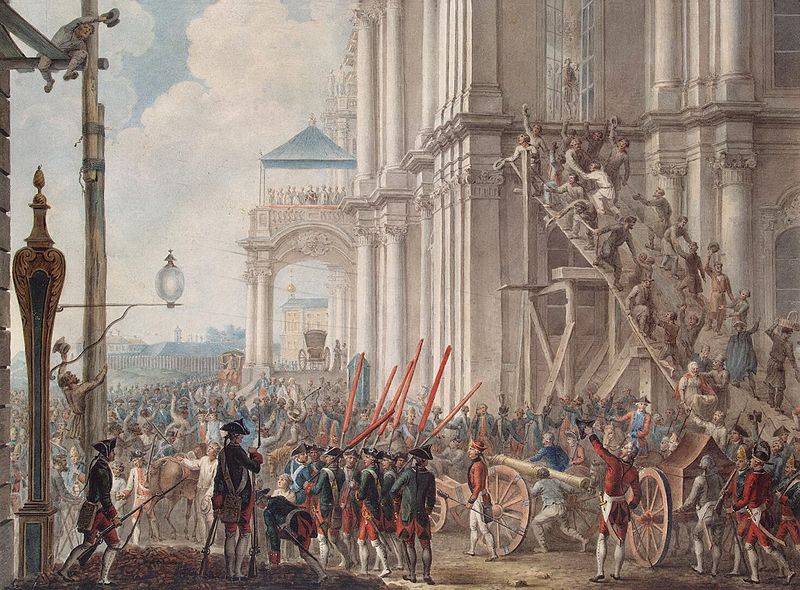
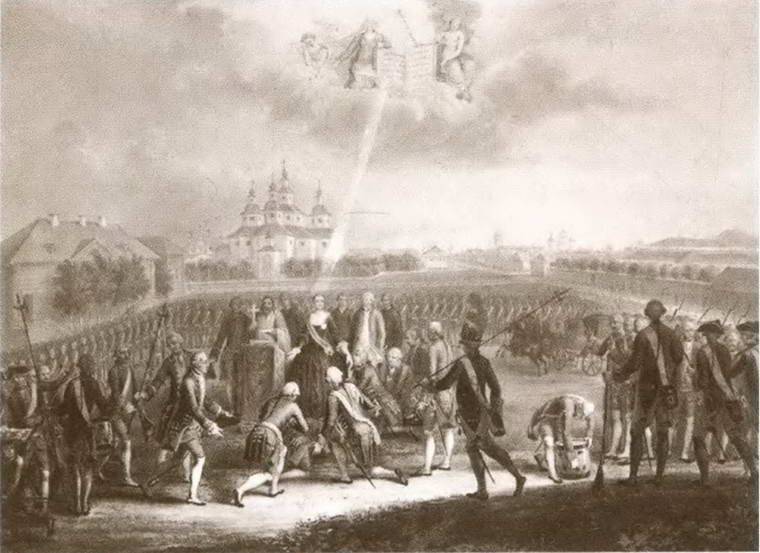
At that time Gabriel Derzhavin served in the Preobrazhensky regiment. He was not aware of the conspiracy, but, without understanding anything (like many others), together with his company, he came to the Winter Palace. Here is a strange picture that the future poet and dignitary saw:
Rüller writes about the same thing:
That is, many in the capital then decided: Catherine was “shouted out” by the Empress because her husband died.
Princess Yekaterina Dashkova later said: "We took our measures well."
At this time, a young French footman, who arrived from St. Petersburg, told Peter that Catherine was in the capital and in the city "holiday": "all the troops are under arms." And then another messenger appeared, sent by the barber of the emperor Bressan, who delivered a note of the following content:
The Emperor’s Tormented Inaction
In 1987, A. Gorodnitsky wrote an interesting poem about the events of that day:
And the distant singing of the trumpet.
Over the palace sharp roof
Gilt emblems shine.
Parquet floor in the chambers will not creak,
Watch strike does not sound suddenly.
The emperor plays the violin, -
The state is getting out of hand.
The infantry keeps the line at the fence -
Sovereign is a faithful army.
We must urgently order something, -
Something else can be done ...
Gilt fish sleep in the pond
Parsley and onions are cut in the kitchen.
The emperor plays the violin, -
The state is getting out of hand.
Those close in terrible alarm
The play is drawing to a close
Approaching a dusty road
The cavalry jumps to the palace.
To the voice of the violin, anxious and unsteady,
A stranger intertwines a sound.
The emperor plays the violin, -
The state is getting out of hand. "
No, Peter III, of course, did not play the violin that day - not before that. But he "played with the conspirators in the giveaway," and was still in Peterhof. Among his entourage were, among others, Chancellor M.I. Vorontsov, former head of the abolished Peter the Secret Chancellery Count A.I. Shuvalov, Field Marshal N.Yu. Trubetskoy, General-General P.A.Devier, Adjutant General A.V. .Gudovich, Major General M.M. Izmaylov, Lieutenant General A.P. Melgunov. And also next to him was Field Marshal Burchard Christoph Minich, a man with iron nerves and unbending will, who had passed fire, water, copper pipes, the death sentence and the exile to Pelym that remained unfulfilled.
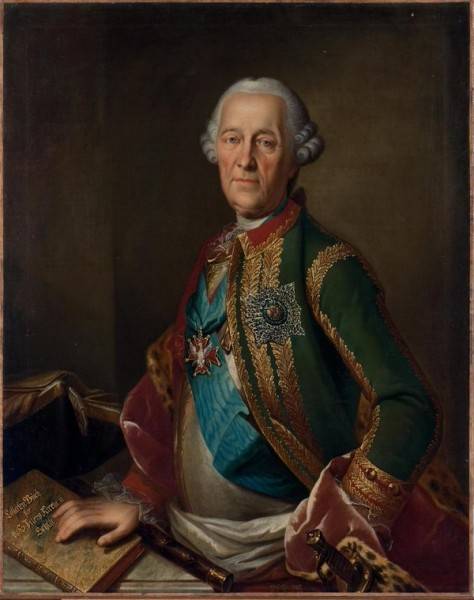
He went to the Crimea, took Bakhchisaray, Ochakov and Khotin. It was Minich who, in 1740, with a bunch of soldiers arrested the omnipotent Biron, and, probably, now, deep down, he made fun of dumb amateurs who, in his opinion, were doomed: someone would have to go to the chopping block, someone - with torn nostrils to hard labor. It was impossible to find a more experienced and authoritative consultant and specialist in this situation, no matter how hard you try. At that time, the field marshal turned 79 years old, but he was full of energy, retained good spirits of body and soul ("he returned from exile with rare vigor in those years" - Rüller), and unsuccessfully tries to offer his services. And Peter has a bunch of options to suppress this stupid rebellion. At first, Minikh invited him, taking all 12 grenadiers, to ride with him to Petersburg, assuring him that this was enough - to stop a possible rebellion, the emperor needed only to personally show himself to the troops and people. Taking into account the stories of Derzhavin and Rühler (about the strange "funeral procession"), we can assume that the timely appearance of the emperor in St. Petersburg, indeed, could change a lot.
Rühler writes about the events of that day:
Peter could safely count on this regiment.
The Preobrazhensky hesitated, Schumacher reports:
Transfiguration commanders P.I. Izmailov and P.P. Voeikov (who arrested Passek) and another officer - S.R. Vorontsov, appealed to their subordinates with a call to remain faithful to the emperor. The soldiers, in response, shouted: "We will die for him!"
Another option proposed by Minich was an immediate move to Kronstadt, where Peter would be invulnerable.
The emperor refuses to go to either Petersburg or Kronstadt. The second person in the state, Chancellor of the Empire M.I. Vorontsov, accompanied by A.I. Shuvalova and N.Yu. Trubetskoy was sent to St. Petersburg to investigate the situation, but the top officials of the state were detained by a picket of conspirators and escorted to Catherine. Awaiting their return (or, at least, some news from them) Peter III is inactive, and precious time is running out. Here the character of this emperor, about which J. Shtelin said:
In the Soviet film "Ordinary Miracle," the king talks about this type of people:
The conspirators were also well aware of these character traits of Peter III, who counted mainly on the cowardice and weakness of the emperor’s will. And, the people who are now surrounding the monarch also know that he does not have the courage of Peter I and the Norman courage of Charles XII, the emperor is neither a leader nor a fighter. Feeling his indecision and making sure that there will be no miracle, the courtiers begin to leave him.
Meanwhile, the walls and towers of Kronstadt are visible from Peterhof’s wharf - and he’s "nobody" yet: Peter hesitates, but the conspirators at first "forgot" about him. Finally, at the insistence of Minich, General Devière goes there, he succeeds first, but after him, Admiral Talyzin arrives from Catherine, who orders the arrest of Deviera - the conspirators take control of Kronstadt.
But Peter can go to the location of his victorious army: it’s known how the front-line soldiers of the rear rats and the capital’s parquet sharkuns “love” everywhere and at all times - the soldiers and officers would be very happy to tickle them with their bayonets. It is commanded by this army (80 of thousands of soldiers!) - P.A. Rumyantsev, the best Russian commander, supporter of Peter, because of this, after the victory of Catherine, he will be removed from his post, for some time he will be in disgrace.
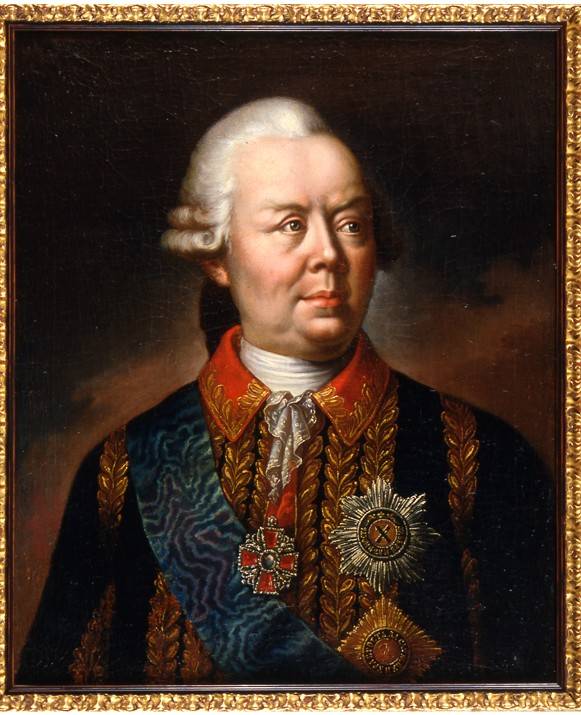
And it’s a coincidence: to meet one of the emperor’s foreign guests along the Narva Highway there are interchangeable horses and carriages - even now sit down and ride, wherever you want with all possible comfort. You can even go straight to Holstein - if you are tired of reigning in Russia. And now let Catherine and her accomplices, shaking with fear, wonder where the rightful Emperor of Russia Peter III went.
And at the disposal of the emperor are the Holstein units - three thousand unconditionally loyal to him, well-trained, disciplined soldiers. And not only Germans serve in them, there are many Russians. These are quite combat-ready and self-sufficient units that even have their own artillery.
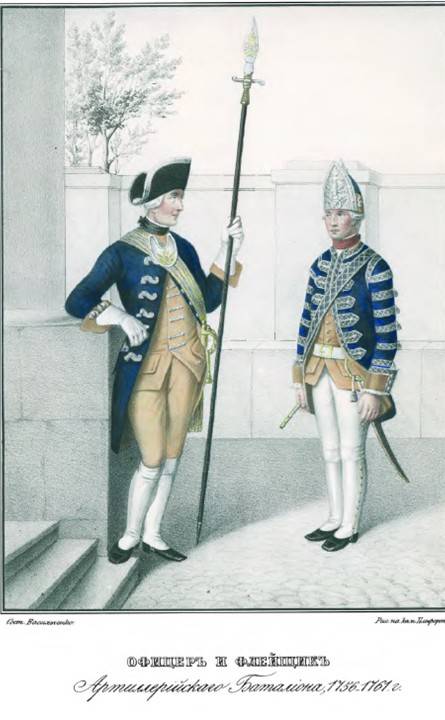
Around 6 o'clock in the evening, having finally received an order, they leave the barracks of Petershtadt and begin to build up in battle formations. The road is every minute. Even one news of the approach to the capital of military units loyal to the emperor, sobering up very, very many. Moreover, no one will really know what strength Peter and his supporters managed to gather (after all, on the march there are regiments heading to Pomerania), and fear has “big eyes”. Most parts of the army garrison will either go over to the side of the legitimate authorities or take a wait and see attitude - in the hope of joining the winners later. A few conspirators from among those who have nothing to lose will be quickly killed (and there are only 40 people - the rest are used “blindly” and do not quite understand what is happening). Racing ministers will rush to Peterhof, Catherine will wallow at Peter's feet, begging not to be executed, not to be locked in a fortress and not sent to eternal repentance in a Siberian monastery, but released to Zerbst.
But Peter cancels the order: he decides to go to Kronstadt, not knowing that the fortress is already under the control of traitors - she does not accept her emperor. But the unfortunate conspirators, in whose hands the entire Russian fleet, did not even think about blocking the Baltic coast, and in Narva and Revel have no idea what is happening in St. Petersburg. Peter has at his disposal a yacht (which he will send to Peterhof) and a galley on which he arrived at Oranienbaum. In Revel, you can transfer to any vessel suitable for a sea crossing and go anywhere on it - at least to Pomerania, to the army of Rumyantsev, even to Holstein. This is exactly what Minih is now offering. But, according to Rühler, the courtiers dissuade the emperor:
Peter goes to Oranienbaum, where he receives a report on the march of the guards: it becomes clear that no one is going to "reconcile" him with Catherine. Overtighted courtiers beg Peter to surrender to the mercy of his wife. But the units loyal to Peter are ready to stand to death. In Oranienbaum, by all the rules of fortification science, the Peterstadt fortress was built, which has the shape of an 12-finite star. It is surrounded by earthen ramparts 4 meters high with four bastions, protected by ditches with water with a width of three to a half to four meters, and a depth of 2 meters. Inside Petershtadt is another pentagonal fortress (St. Peter), now serving as an arsenal court.
You can’t take Petershtadt on the move - yes, the conspirators are not ready for a serious battle: they are marching (“This procession was likened to a holiday” - Rüller). The vast majority of soldiers and officers of the St. Petersburg garrison are accidentally involved in the rebellion, they have no motivation to shed their blood for Ekaterina dressed up in the Transfiguration uniform.
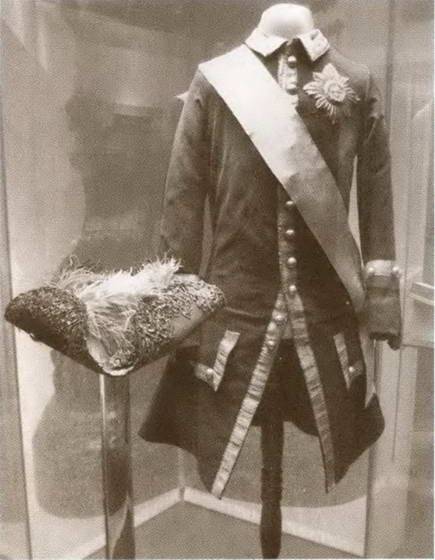
And, in general: it’s one thing to drink “mother Catherine's” free vodka for the health, and it’s quite another to shoot on the orders of a visiting German woman a “natural emperor”, the grandson of Peter I. And in St. Petersburg, meanwhile, the soldiers are sober and horrified from his "sedition". And the mood in the troops participating in the "campaign against Peterhof" will soon change.
After the arrest of the emperor, the conspirators will open taverns for the soldiers, and vodka will pour over the river. Agitators sent around the city will scream toasts to Catherine - they are picked up by the drunken soldiers of the regiments participating in the campaign on Oranienbaum. But others are gloomy silent, and sometimes climb into a fight.
G. Derzhavin reports that
C. Rühler reports that when
That is, before the murder of the captured Peter III, Petersburg was in a state of siege. And if the emperor did not give up and was alive? In the besieged Peterstadt or in the army of P. Rumyantsev, it does not matter. He needs to hold out just a few days, until the euphoria and fervor in which the soldiers of the St. Petersburg garrison are now abated. Then, when it turns out that they were deceived, cynically and rudely “used blindly”, that the emperor is alive and not going to give up, the most prudent themselves will twist Orlov’s hands and drag them to Peter, begging him for forgiveness. In the next article, after reading excerpts from the memoirs and official reports of contemporaries, diplomats from different countries, you will be able to verify the validity of this thesis.
Surrender of Peter III
But we will return in June 1762 and see that Emperor Peter III has already surrendered and has given up the fight. Unlike the passionate conspirators, he was a "harmonious personality" and was not ready to confront them. Struck by the betrayal of people whom he fully trusted and who could not accuse him of even the slightest injustice, on June 29, even before the approach of the rebel troops, the emperor gave up power. Before that, he ordered the loyal soldiers and officers to be paid a month in advance and gave them the last order: to return to the barracks and not to make any attempts to resist.
Rühler reports:
The emperor does not listen to him.
Frederick II will say later:
Peter still makes his last attempt to escape: orders his saddle to ride his beloved horse, intending to head towards Poland, but Elizaveta Vorontsova
(Rühler.)
So, leaving Catherine the crown and the throne, Peter only asks for permission to go to Holstein with Elizabeth Vorontsova and Adjutant Gudovich.
The Austrian envoy Marcy d'Argento reported to Vienna:
And Frederick II said to Count Segur of the abdication of Peter:
The first to approach Oranienbaum was the detachment of Alexei Orlov, who “won” over the Holstein recruits armed with wooden muskets, who were peacefully engaged in parade ground (rebellion was a riot, but no one canceled combat training). Then horse detachments of Generals V.I. arrived in Oranienbaum Suvorov, and A.V. Olsufiev, who disarmed the Holstein troops. Ready to fight, but who received orders not to resist, the soldiers parted with weapons very reluctantly, showing annoyance and resentment. Eyewitnesses recall the ugly behavior of V.I. Suvorov, the father of the future generalissimo, who knocked his hat off his already unarmed prisoner officers with his sword, mockingly reproaching them for lack of respect. They also talked about the robbery of captured soldiers and officers by drunken guardsmen.
It should be said that the famous son of Vasily Suvorov never humbled himself until the prisoners were humiliated. According to the information found by A.S. Alexander Vasilievich respected Pushkin even with respect to E. Pugachev: during the escort he did not cause any additional inconvenience and "asked the glorious rebel with curiosity about his military operations and intentions." But the participant in the conspiracy of Catherine, Peter Panin, dissatisfied with the response of the captive Pugachev (his words made a big impression on the people around him), in Simbirsk publicly "hit the impostor in the face to the blood and tore a tuft of beard from him." In order to object to an illiterate Cossack, not with his fists, but with words, the general-general, apparently, did not have enough intelligence.
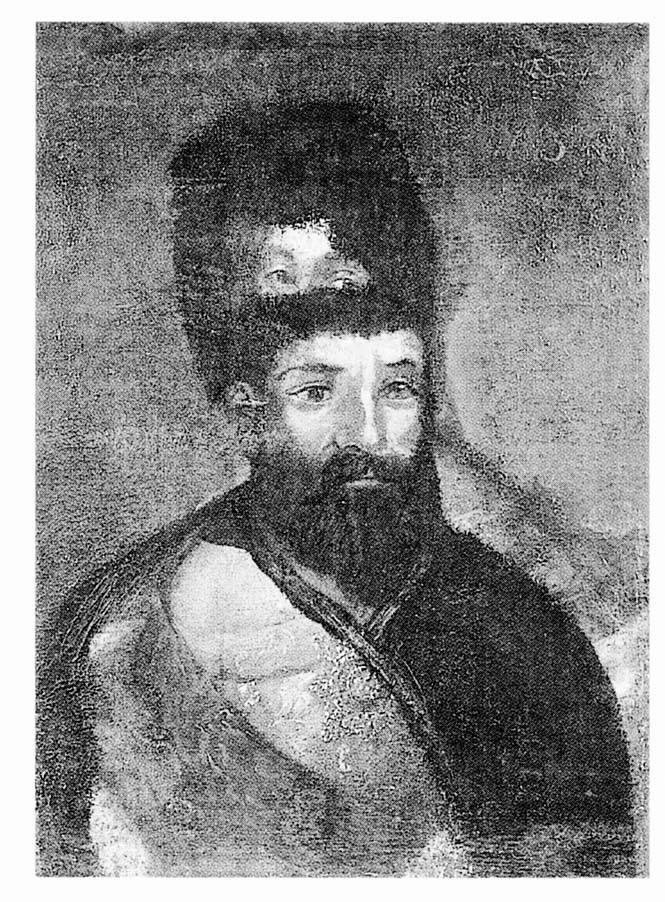
The sad fate of the Holstein soldiers and officers of Peterstadt
But back in June 1762 year. The day after the "surrender" of the garrison of Petershtadt, his troops were divided: Russian subjects were sworn in to the new empress, the Holstein soldiers and officers were transferred to Kronstadt. On their fate Rühler reports:
Thus, Peter III, by his cowardice, killed not only himself, but also people devotedly devoted to him, ready to die in battle, protecting his life, honor and crown.
The next article will talk about the murder of Peter III in Ropsha and the "posthumous adventures" of this emperor.
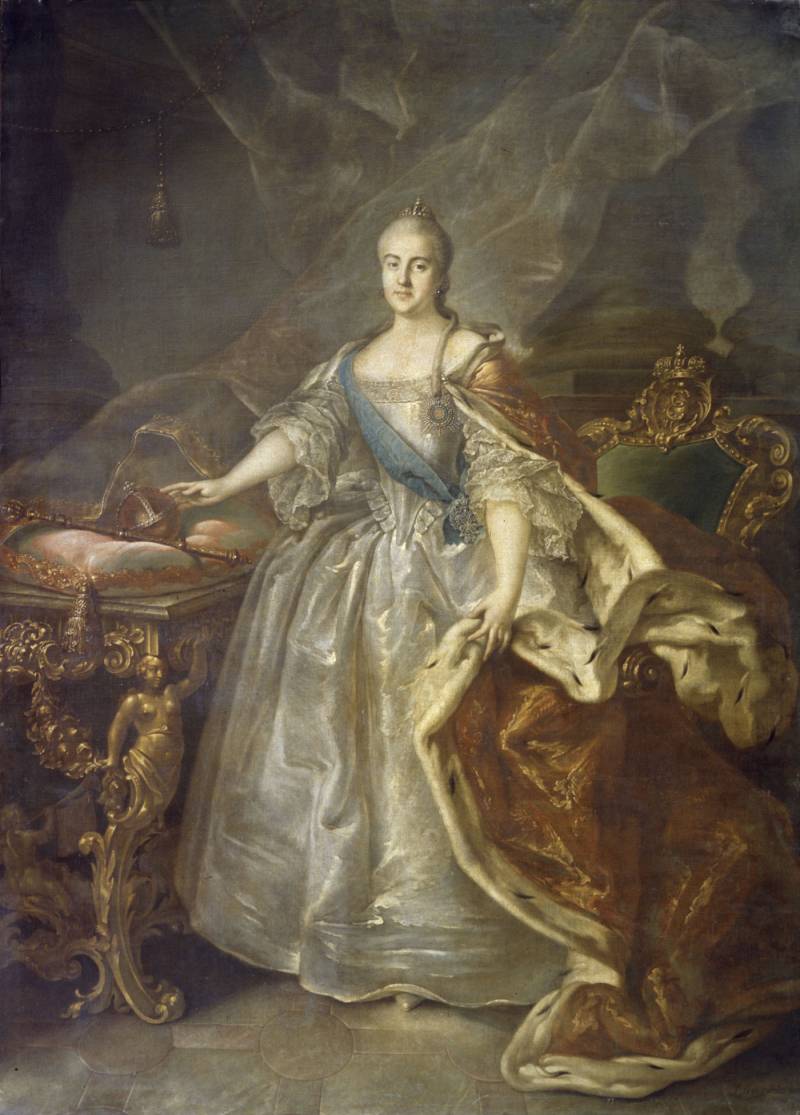
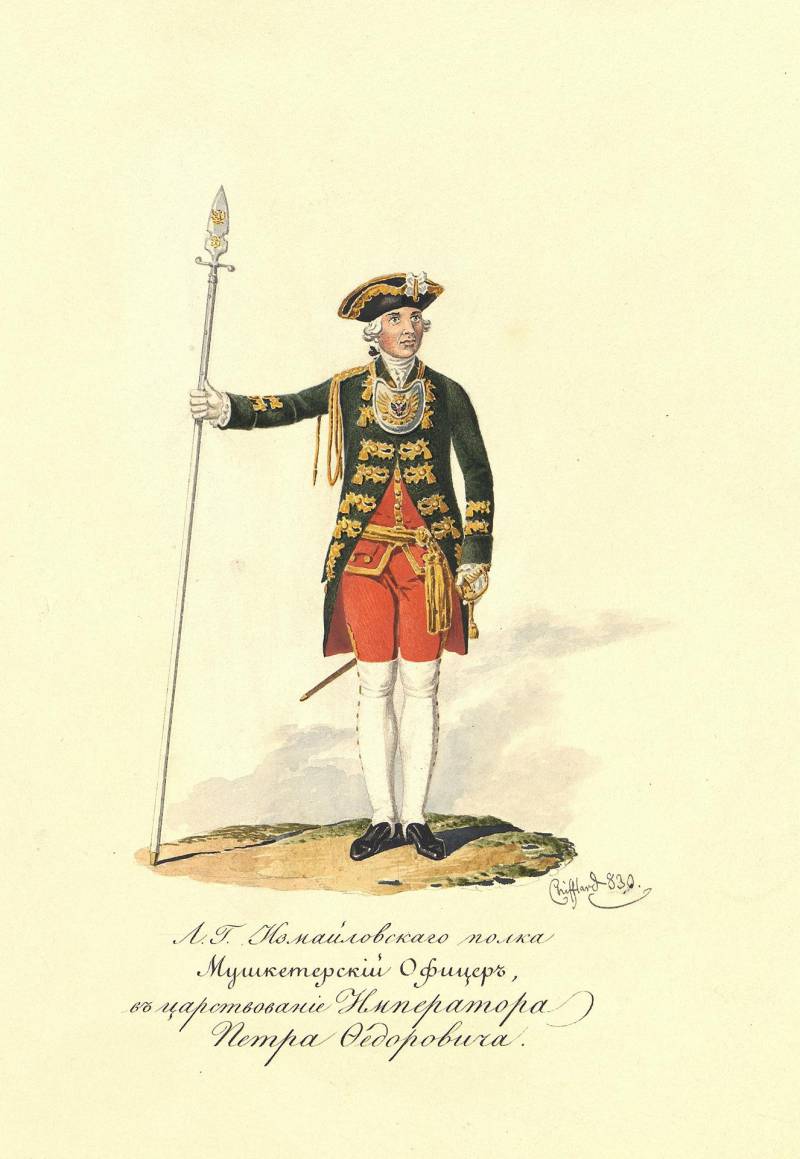
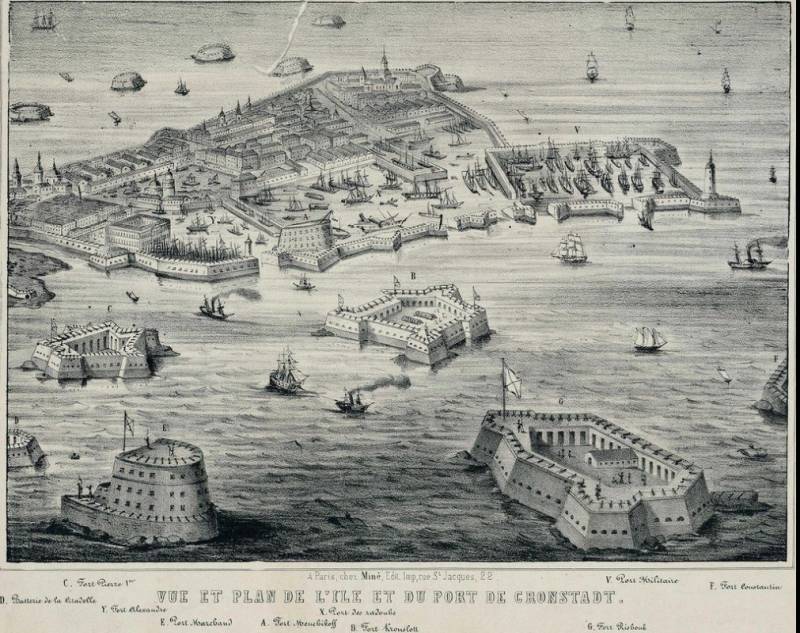

Information